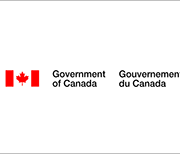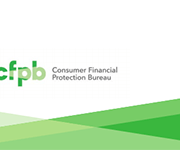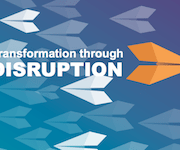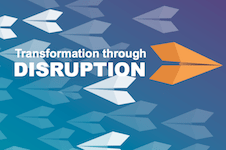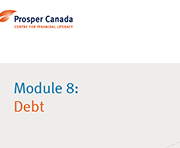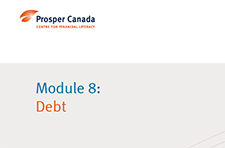Credit Characteristics, Credit Engagement Tools, and Financial Well-Being
This report presents results from a joint research study between the Consumer Financial Protection Bureau (CFPB) and Credit Karma. The purpose of the study is to examine how consumers’ subjective financial well-being relates to objective measures of consumers’ financial health, specifically, consumers’ credit report characteristics. The study also seeks to relate consumers’ subjective financial well-being to consumers’ engagement with financial information through educational tools.
Transformation through disruption: Taxpayers’ Ombudsman Annual Report 2019-20
The mandate of the Taxpayers’ Ombudsman is to assist, advise, and inform the Minister about any matter relating to services provided by the CRA. The Taxpayers’ Ombudsman fulfills this mandate by raising awareness, upholding taxpayer service rights, and facilitating the resolution of CRA service complaints issues. Through independent and objective reviews of service complaints and systemic issues, the Ombudsman and her Office work to enhance the CRA’s accountability and improve its service to, and treatment of, people. and systemic issues. This is the Annual Report of the Taxpayers' Ombudsman for 2019-20.
Video: Debt collection scams
Dealing with debt collection issues can be challenging—especially when you’re not sure if the person you’re being contacted by is a legitimate debt collector or someone trying to scam you. This video from the Consumer Financial Protection Bureau in the United States shares useful tips on spotting debt collection scams and protecting yourself from scammers.
Debt and High Interest Resource Portal
This is ACORN Canada's debt and high-interest lending resource portal. It contains links and resources on debt, credit, banking, and other topics.
Handout 8-6: Collection rules
This handout is from Module 8 of the Financial Literacy Facilitator Resources. Debt collection rights and what a collection agency has the right to do and not to do. To view full Financial Literacy Facilitator Resources, click here.
Activity sheet 8-7: Debt collection role play
This activity sheet is from Module 8 of the Financial Literacy Facilitator Resources. Role play activity about debt collection. To view full Financial Literacy Facilitator Resources, click here.

